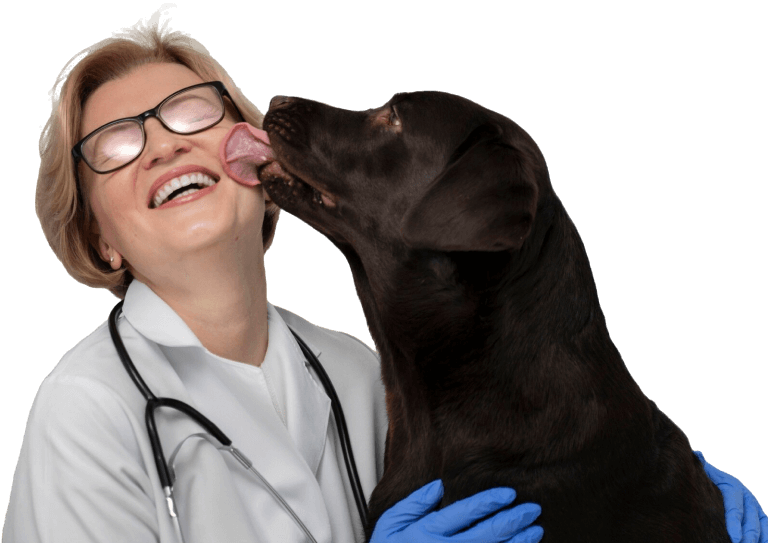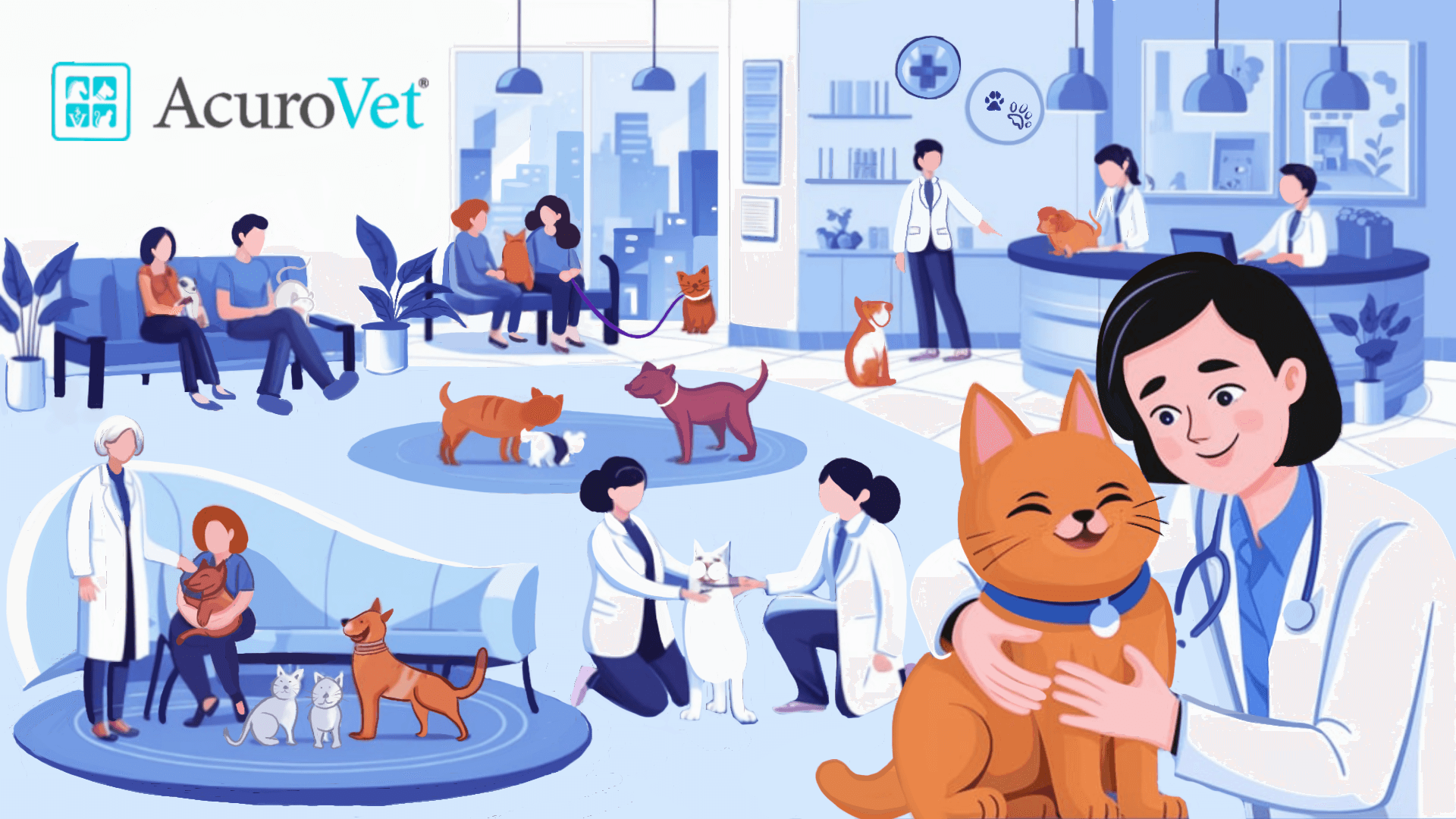
Holistic & Integrative Pet Treatment Options in 2025 – A Guide to Natural Pet Care
Discover the transformative benefits of holistic and integrative pet care in 2025! From acupuncture to natural supplements, find out how these therapies enhance wellness and recovery. Ready to give your pet the best care? Scroll down to explore treatments tailored for their health!

- Introduction
- What is Holistic & Integrative Medicine?
- Differences Between General & Holistic Veterinary Care
- Benefits of Holistic & Integrative Pet Care
- Which is Better? Choosing Between General & Holistic Care
- Popular Holistic & Integrative Treatments for Pets in 2025
- Integrative Nutrition for Pets: A Holistic Approach to Diet and Health
- Additional Holistic Treatments
- What to Expect During an Initial Integrative Vet Visit
- How Does a Typical Holistic Vet Visit Look?
- Conclusion
- Try AcuroPet - Best Pet App
- FAQ
webinars, blogs, resources & more.
for 30 Days!

Recent blog posts

Oct 11, 2024
vet lifeCreating a Pet-Friendly Veterinary Clinic & Welcoming Environment for Pets in 2025
Discover how to create a welcoming, pet-friendly veterinary clinic in 2025. From cleanliness and organization to sensory-friendly environments, these strategies help reduce anxiety in pets and owners, ensuring stress-free visits and a more positive clinic experience.

Aug 27, 2024
productAcuroVet Celebrates Ten Years!
Discover how AcuroVet® has evolved over the past decade, revolutionizing veterinary software with cutting-edge features like image-based forms, comprehensive support, and versatile tools for all practices. Celebrate 10 years of innovation in veterinary practice management and explore our journey. Read more to see how we can support your practice!
